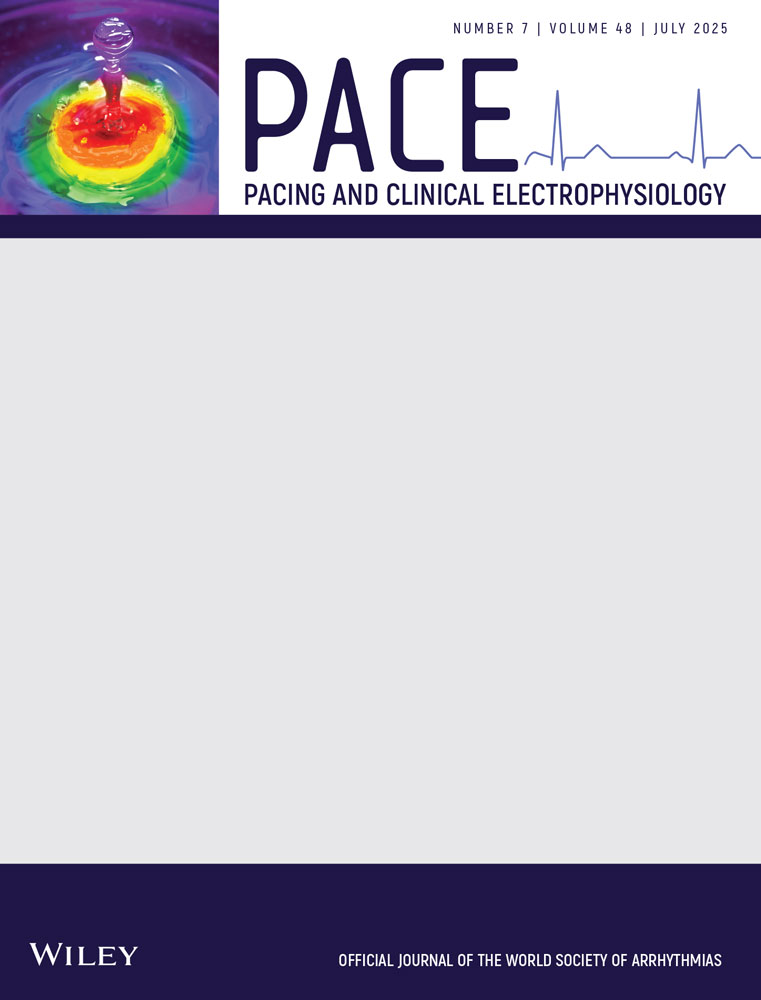Short-Term Efficacy of a Telephone Intervention by Expert Nurses After An Implantable Cardioverter Defibrillator
Supported in part by a National Institute for Nursing Research grant R01NRO4766 from the National Institutes of Health, Washington, DC.
Abstract
The ICD is a common therapy for treatment of ventricular arrhythmias and prevention of sudden cardiac death. After ICD therapy, 50% of survivors are known to have significantly elevated anxiety, depression, anger, and fear in getting back to normal physical activities. Despite these problems, few interventions to improve adjustment have been rigorously evaluated within a clinical trial format. This article reports the short-term efficacy of a structured weekly educational telephone intervention (8 weeks) delivered by expert cardiovascular nurses to recipients of an ICD. To test these effects, a two-group (n = 84/group) randomized clinical trial design was used with measures at baseline (hospital discharge), 1 month, and 3 months after ICD therapy. The study sample were first time ICD recipients for secondary prevention of sudden cardiac arrest. Primary outcomes included (1) physical functioning (Patient Concerns Assessment [PCA], Short-Form Health Survey [SF-12], ICD shocks), (2) psychological adjustment (State-Trait Anxiety Inventory [STAI]), Centers for Epidemiologic Studies-Depression (CES-D), (3) knowledge (Sudden Cardiac Arrest [SCA] knowledge assessment), and (4) health care use (emergency room visits, outpatient visits, hospitalizations). The intervention group, as compared to the control group, significantly reduced mean PCA symptoms at 1 month (11.3–8.8 vs 9.7–9.3, respectively, P < 0.02), and reduced state anxiety (36.1–31.9 vs 33.1–33.0, respectively, P < 0.08), and enhanced knowledge (21.8–22.4 vs 21.4–21.7, respectively, P < 0.02) at 3 months. The intervention did not significantly impact short-term health care use. A structured telephone intervention delivered during the first 8 weeks after ICD therapy by expert cardiovascular nurses decreased ICD related physical symptoms and anxiety, and increased SCA knowledge over 3 months.




